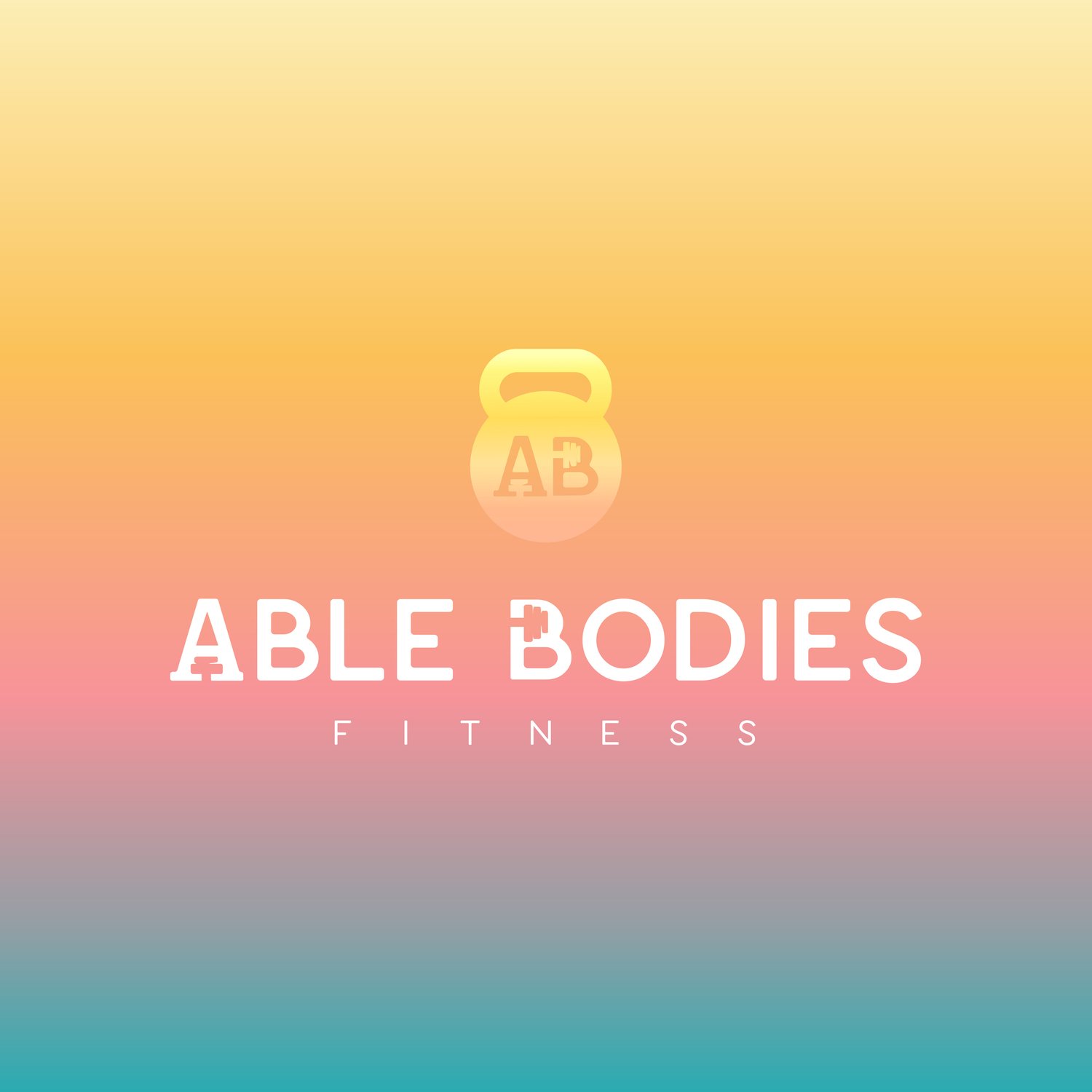Do I have to cut out carbs to lose weight? Let me set the record straight
Carbs… they’ve gotten a bad rap the past few years, but I am here to set the record straight on the benefits of carbs for strength training, endurance training, and health. Beware… not all carbs are created equal.
First, let’s break down the 3 macronutrients. Protein, carbohydrates, and fats. We all know we need protein to build muscle, that’s the easy one, fats are the fuel source for aerobic (think slower steady-state endurance) exercise. Not as easy but we will touch on that in a later newsletter. What exactly is the role of carbohydrates during exercise? Let’s get into it.
-Carbs are the main energy source for moderate to high-intensity exercise and are the preferred fuel source for the brain and central nervous system.
-Carbs are stored in skeletal muscle and liver as glycogen. Glycogen stores are limited and can be depleted during continuous steady-state exercise lasting longer than 60 minutes or possibly even faster during an intermittent high-intensity activity like strength training circuits and conditioning finishers.
-Muscle and whole-body fatigue usually set in when glycogen stores become low. When this happens the body switches to burning fat as fuel but it’s not as efficient so the intensity must be slowed or stopped.
-Diets higher in carbs prolong the time to fatigue and help maintain power output during continuous and intense intermittent exercise.
-Carbs improve overall performance allowing you to work harder and longer.
-If the goal is to gain muscle, you need to increase weight and continuously challenge yourself. Having enough carbs stores (and protein but we will discuss that later) will benefit these goals.
-1 gram of carbohydrate needs 3 to 4 grams of water to be stored as glycogen, so when you stop eating carbs the quick weight loss is from water, not fat loss.
Now does this mean go eat a giant bowl of cereal for breakfast, a croissants sandwich for lunch, and pasta for dinner finished off with an ice cream sandwich? I’m not hating on any of these foods; on a special occasion, go for it. I love cookies and pie and definitely hits some 10k and weightlifting personal records when fueled with pie. Do I recommend this approach, not necessarily, but I’m human and I love pie and cookies. Whenever I crave something sweet, I ask myself how this will affect my overall goals. If I am on a strict training schedule and focused on recovery, I tend to choose a healthier option. If it’s a holiday or a birthday, I eat as healthy as I can leading up to it then I have a “treat yourself” meal.
So why do carbs so taboo? What’s wrong with cinnamon rolls, croissants, and pasta? These foods spike your blood sugar levels leading to a sugar rush then a crash and more cravings for sweet things. Repeated spikes can cause insulin resistance, prediabetes, heart problems, and many other chronic diseases.
So here are my suggestions.
Fruit: oranges, apples, watermelon, pears, grapes, bananas, blueberries blackberries, raspberries,
Vegetables: squash, zucchini, cucumbers, broccoli, cauliflower, split peas, tomatoes, artichokes, Brussel sprouts
Root vegetables: sweet potatoes, beets, carrots
Legumes: lentils, chickpeas, red beans, black beans, pinto beans, refried beans (just beware of added oils)
Dark leafy greens: kale, spinach, arugula, collard greens, swiss chard
Whole grains: steal cut oats, popcorn (homemade), quinoa, barley, farrow, brown red, and black rice
Nuts and seeds: peanuts, almonds, cashews, chia seeds, flax seeds, pumpkin seeds, and sunflower seeds.
Why is fiber so important?
-Both fiber and protein promote satiety and satiation, reduce appetite and energy intake in subsequent meals
-Fiber slows down digestion, helping you feel fuller longer while also decreasing the sugar spike
-Fuels the good bacteria in the gut supporting the microbiome which has a huge impact on health
-Dietary fiber intake, regardless of macros and caloric intake promotes weight loss in overweight adults on a reduced-calorie diet
-High-fiber foods like whole grains and colorful fruits and vegetables are packed with vitamins and minerals helping to promote recovery, decrease inflammation, and prevent chronic disease
You don’t have to shy away from carbs to reach your health and fitness goals. Being aware of carb choices that are in line with your goals will keep you on track without feeling like you are depriving yourself.
